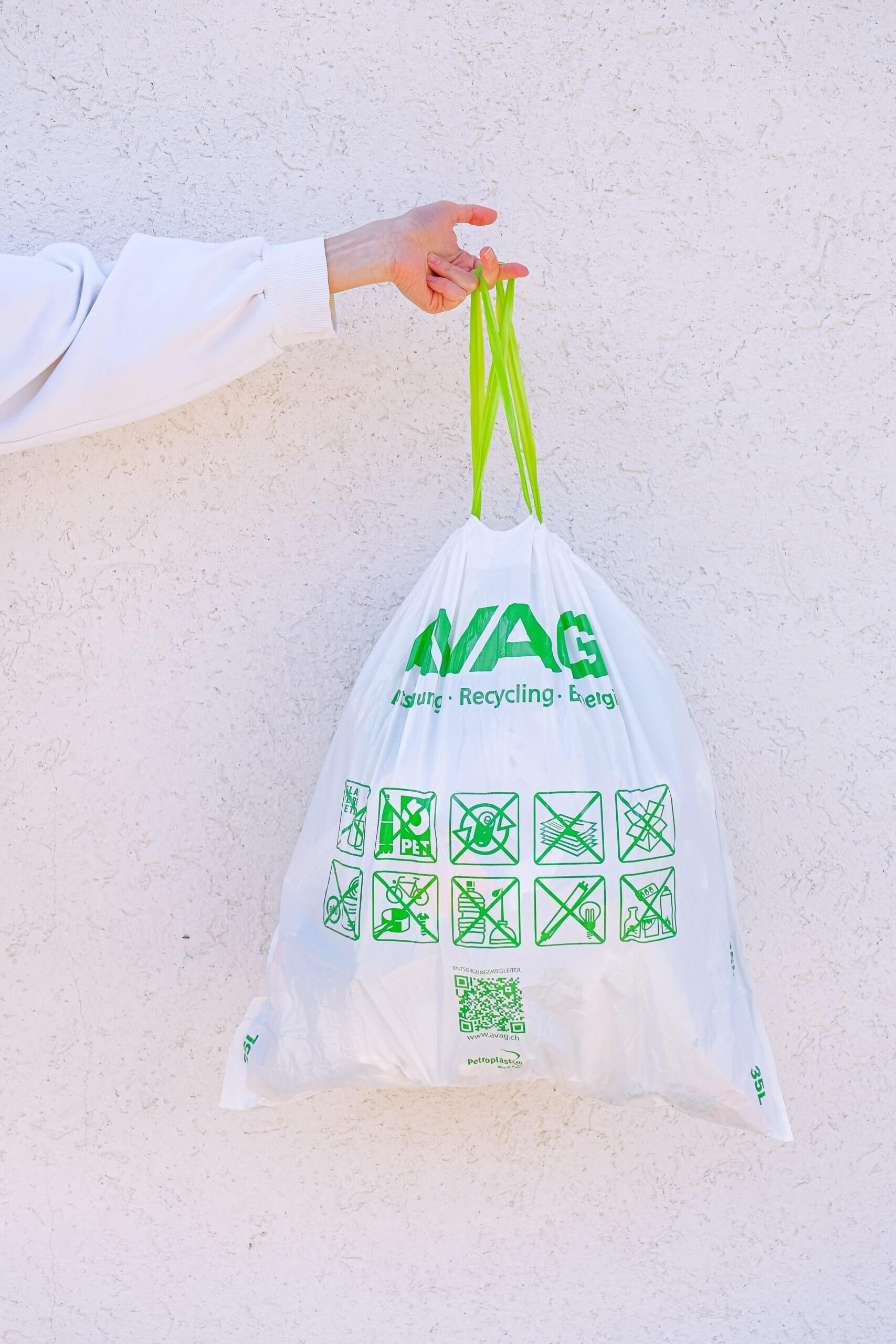Anytime is a good time to start new sustainable habits, such as composting or reducing your use of plastic. And as an environmentally conscious student, you could be contemplating how to live sustainably in a tiny dormitory or flat.
All these thoughts can make becoming a sustainable college student a difficult task. There may be a lot of steps, or the resources on your campus may not be clear. But with a bit of guidance, you can find your feet.
However, you still need to keep your grades high. And with all these plans for sustainability, you’ll need to find an essay writer helper offering professional essay writing services. You will have more time to focus on living a sustainable lifestyle at the university. And, your essays will attract good grades thanks to a dedicated writing assistant.
Read on to learn of some sustainability ideas to assist you in continuing your environmental journey into the fall while also motivating everyone else to do so.
1. Focus on Reusable Items
Buy more reusable items, such as menstruation cups and rechargeable batteries, and fewer disposable ones, such as coffee capsules and razors.
2. Plant vegetables and herbs
One of the greatest ways to ensure that your food is both local and sustainable is to grow it yourself. You may do this on a limited scale by growing vegetables, berries, and herbs in containers on your porch or go big by planting food across your entire backyard if you have one.
3. Eat More Greens
Consume more plant-based foods. To be healthy and fit, one should eat at least 400 grams of vegetables daily. It might not be easy for a student with little time and money, but eating less meat is one of the most straightforward methods to lessen your carbon impact.
4. Create Less Trash
Thinking twice before throwing something away is the most effective approach to reducing your impact on the environment. The following are discarded materials that are big contributors to the global pollution problem:
- Straws
- Water bottles
- Bags
- Plastic containers
Avoid using these things as much as possible, and when shopping for goods, buy in large quantities and invest in reusable bags to limit the amount of packaging you use.
5. Reuse Discarded Stuff

Whenever possible, you should repurpose unwanted materials. Instead of buying new glassware and containers for leftovers, reuse glass jars you have from peanut butter, spaghetti sauce, and other items.
You can give any unessential homewares, clothing, and other goods to the local thrift store if you move out of your college apartment. Students and community members may find low-cost furniture for their apartments and houses in such a store.
6. Composting
Composting aids in reducing emissions and waste by eliminating biological products from the garbage stream. Carbon is released into the atmosphere as these compounds decompose.
Plant-based materials, food waste, and some types of packaging are composted to create new soil resources. It results in sequestering carbon and providing support for future gardening endeavours. Check if your institution or university offers composting services in its resident dining halls and other buildings.
7. Save on Electricity
Take your time and write a list of everything that requires power in your work, dorm, or home. You will be surprised at how long it is. Each item on that list is a chance for you to save energy at school, home, or workplace.
8. Plant Trees When Possible
Plant a tree in your yard or whenever you get an opportunity. Join those tree planting or environmental clubs. ‘The best moment to plant a tree was 20 years ago,’ says a Chinese proverb. Now is the second-best moment.’ Annually, several municipalities and NGOs provide free tree-planting programs.
Trees produce the oxygen that we use to stay alive. They minimize water runoff, which helps prevent environmental degradation in our rivers and the risk of flooding. Many animal species rely on trees as a source of food and shelter. Just imagine the cool breeze that trees bring!
9. Carry Your Shopping Bag
At the grocery store and elsewhere, you should learn to decline bags. You could carry your bag from home. Look for items with little packaging, as this means less garbage and less stuff that will wind up in landfills, where methane and other contaminants are present.
10. Use Bike-Sharing
Bike-sharing is growing more popular on and off campuses. Find out whether your institution offers such a program. If not, there could be another local alternative. Riding a bike helps you stay in shape and reduces carbon emissions, but it can also become a rewarding habit.
11. Take Walks
Stroll to campus instead of driving as often as possible. Walking may help reduce pollution while also giving you a free and convenient way to exercise if living in a safe community. Students save money on auto maintenance, gas, gym subscriptions, and parking permits while also helping to clean up the environment.
Some schools have walking competitions, with awards given to individuals who walk the most distance. Take advantage of the opportunity.
Bottom Line
There you have it! Sustainability tips for you while at university or college. You can join a campus group or a local movement to promote environmental awareness. Make a point of educating your friends and loved ones about the advantages of making the ecologically friendly move to a more sustainable life.
All attempts to live sustainably help the ecosystem that houses us. If you live sustainably, you will be ensuring a promising future for coming generations. Thus we must all play a role in ensuring that our earth’s natural wealth does not become exhausted.

